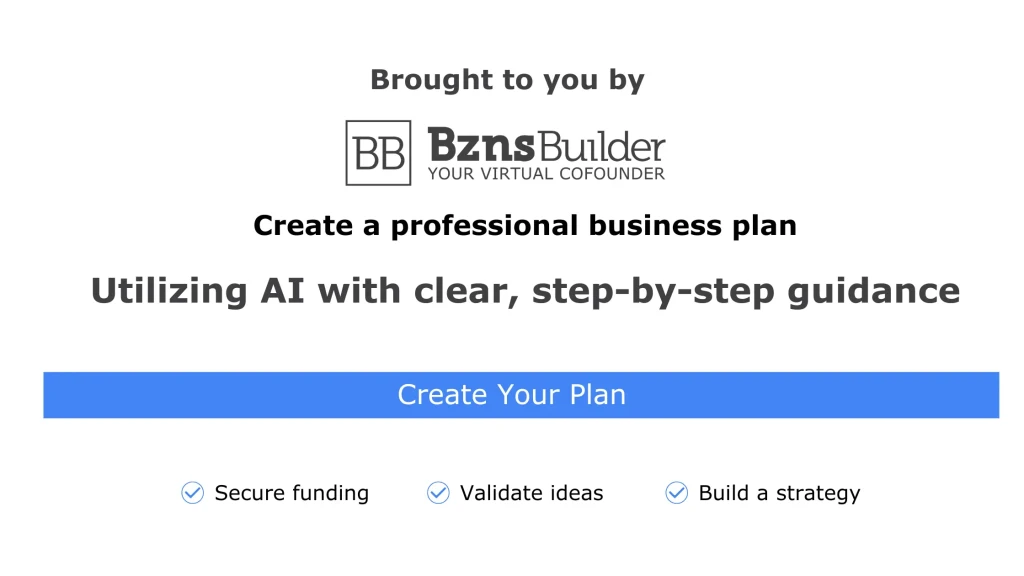How to Organize and Set Up Your Business Finances

Getting your business finances in order is a critical step when starting a business, especially if you aim to achieve sustainable growth in the competitive markets of the EMEA region.
Don’t let the process overwhelm you. Even if you’re new to financial planning, you can simplify the task by breaking it down into seven manageable steps tailored to the needs of businesses in diverse EMEA countries.
This guide will help you outline your startup costs, grasp the fundamentals of financial planning, and set up a system for accurate and efficient financial management, ensuring your business thrives in the EMEA market.
How to Manage and Organize Your Business Finances
Financial management is an ongoing process for business owners across the EMEA region. These are the steps you should take to get started:
1. Understand Your Startup Costs
What will it cost to start your business? Begin by identifying and calculating essential expenses, including licensing fees, office setup, equipment, and local regulatory costs, which can vary significantly across the EMEA region. Additionally, explore government grants, tax incentives, and funding opportunities available in your country to help manage and minimize initial costs.
Dig Deeper: Small business startup costs explained
2. Create a Financial Forecast
Sales, expenses, personnel costs, and cash flow are critical financial components for any business. By regularly updating your financial forecast , you can adapt to regional economic changes and market demands. Moreover, platforms like BznsBuilder offer localized tools to support businesses in the EMEA region, enabling accurate and practical financial planning.
Dig Deeper: How to write a financial plan with forecasts
3. Open a Business Bank Account
A business bank account is more than just a place to store cash. It’s a critical partner in managing finances, securing funding, and streamlining transactions. Therefore, choose a bank with services tailored to businesses in your specific EMEA country, such as trade finance, currency exchange, and regional funding solutions.
Tip: Before opening a business bank account or setting up payroll, ensure you meet local requirements like obtaining a tax identification number, trade license, or other necessary documentation based on your country’s regulations.
Dig Deeper: How to open a business bank account
4. Separate Business and Personal Finances
To keep your business finances clean and organized, separate them from your personal funds as early as possible. This distinction not only simplifies tax filing but also improves financial transparency and ensures accurate tracking of business expenses. For businesses in the EMEA region, opening a dedicated business account and adhering to local financial regulations is essential for compliance and clarity.
Dig Deeper: How to separate your small business and personal finances
5. Set Up Accounting and Payroll
Establishing a reliable accounting system allows you to track expenses, revenue, and financial performance effectively. Furthermore, if you plan to hire employees, setting up payroll ensures timely payments and compliance with labor laws specific to your EMEA country. By integrating financial forecasting platforms like BznsBuilder with accounting tools, you can streamline planning and decision-making processes.
Dig Deeper: Accounting and payroll basics
6. Get Funding for Your Business
Whether you need funds now or in the future, understanding your options for outside financing is crucial. In the EMEA region, you can explore funding sources such as government-backed loans, grants, venture capital, or partnerships. Additionally, prepare a strong financial plan and pitch to attract investors or lenders.
To simplify your funding preparation, explore BznsBuilder’s financial forecasting features that help you create accurate financial plans and projections. Sign up for free to see how BznsBuilder can streamline your business funding journey: https://bznsbuilder.com/.
Dig Deeper: 5 steps to get funding for your business
7. Know When to Pay Yourself
While reinvesting in your business is essential, paying yourself is equally important. By determining when to start drawing a salary based on your cash flow, profitability, and long-term financial goals, you can maintain stability. Additionally, clear financial forecasts and performance tracking will help you identify the right time to compensate yourself.
Dig Deeper: When is the right time to pay yourself a salary?
Why Is It Important to Manage Your Finances as a Business Owner?
Setting up your business finances is more than just a startup step—it provides several long-term benefits:
Informed Decisions
A clear understanding of your business’s financial health allows you to make decisions based on concrete data. For instance, whether it’s investing in new equipment, launching a marketing campaign, or entering a new market, having an accurate financial picture reduces risks and improves outcomes.
Maintain Profitability
Regular financial oversight helps you identify areas of growth and waste. As a result, by focusing on profitable activities and reducing unnecessary expenses, you can maximize returns and ensure steady business performance.
Avoid Financial and Legal Issues
Proper financial management ensures that all obligations—especially tax-related ones—are met on time. Consequently, this helps you avoid penalties while remaining compliant with local, regional, and international regulations relevant to the EMEA markets.
Build Trust
Transparent and effective financial management fosters trust among investors, employees, and customers. In turn, when stakeholders see confidence in your business’s financial stability, it can lead to increased investments, employee loyalty, and stronger customer relationships.
Support Long-Term Growth
A solid financial foundation allows you to reinvest in business growth regularly. For example, whether it’s expanding product lines, entering new markets, or hiring additional staff, effective financial planning ensures you have the resources to scale sustainably.
Prepare to Do Business
Getting your finances in order is the final planning step you need to take.
At this stage, you now have a clear understanding of your startup costs, established financial forecasts, built a relationship with a bank, and started implementing accounting processes. Whether you need funding now or later, you are better positioned to seek additional capital with confidence.
Take Action and Launch
You’re ready to take action and prepare your business to launch. With your financial plans in place, it’s time to select the ideal business location, build your team, and promote your business to attract your first customers.







